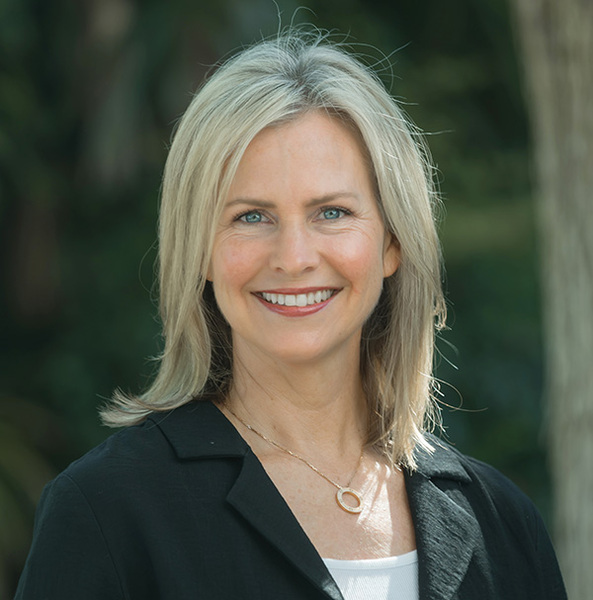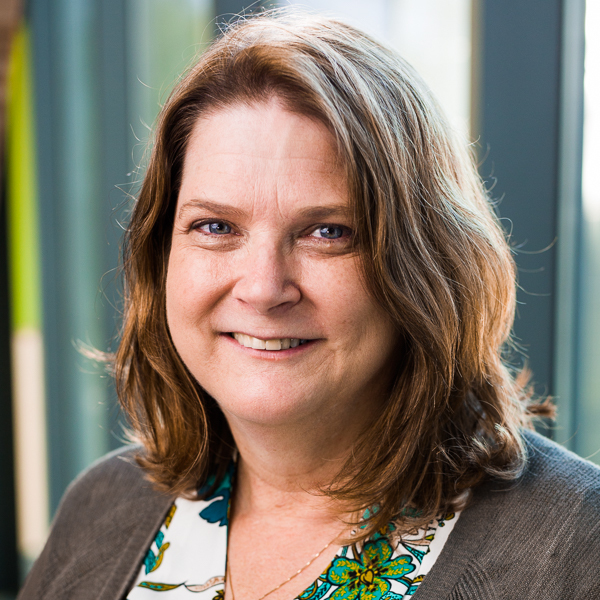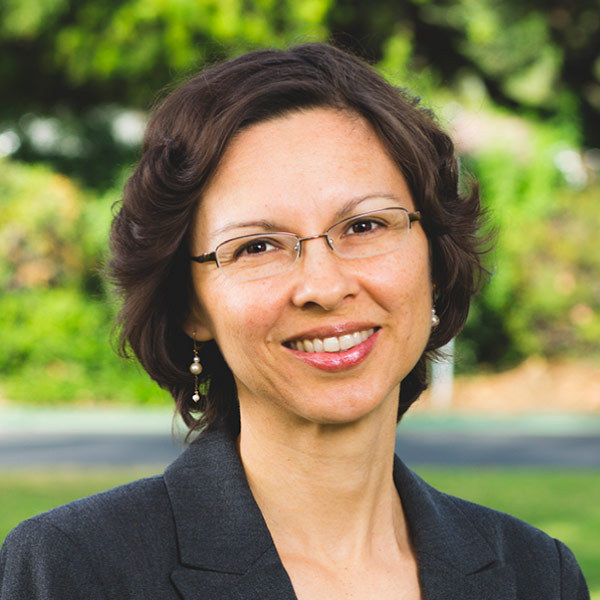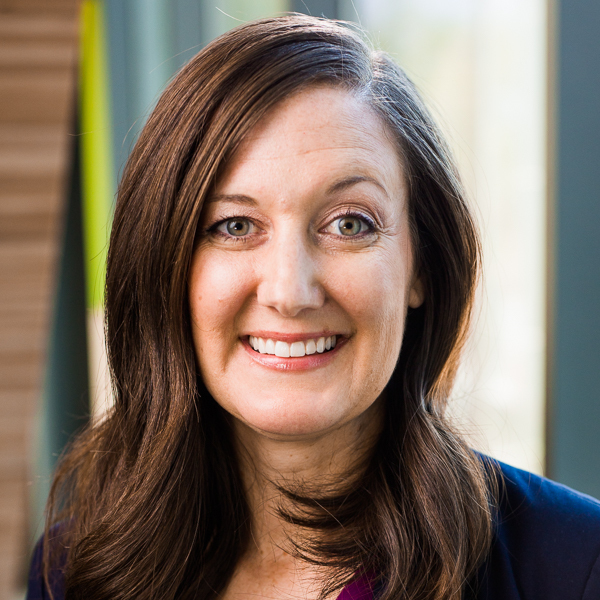M.S. in Speech-Language Pathology (SLP)
Overview
Biola’s Master of Science in Speech-Language Pathology graduate program provides rigorous academic growth, research opportunities and experiential clinical education in communication sciences. Through our exceptional faculty, master's program students are equipped to become licensed, certified speech-language pathologists — helping to diagnose and treat communication disorders in children and adults.
- Strong Theoretical Framework. Graduate students seeking their master's in speech-language pathology will receive challenging instruction in relevant theoretical knowledge of communication sciences and disorders. Students will also be encouraged to develop continual curiosity and promote lifelong pursuit of clinical education for the service and benefit of those experiencing communication disorders.
- Excellence in Clinical Practice. Clinical experiences designed to further expand communication science learning will prepare students for impactful clinical work with a variety of diverse populations and model the work and witness of clinical faculty and instructors. Biola's master's degree students will accrue the necessary 400 supervised hours for clinical certification. Our Southern California location is ideal for students wishing to access internships at clinical sites such as pediatric hospitals, veteran's hospitals and varied speech, hearing and rehabilitation clinics.
- Biblical Perspective. Students of Biola's Department of Communication Sciences and Disorders will be trained by our expert graduate program professors utilizing evidence-based practice from a Christian worldview to promote the fullest understanding of human communication needs and the world.
- Impactful. Students enrolled in Biola's Master of Science in Speech-Language Pathology program will connect their studies to life-contexts. They’ll be well-equipped and able to use clinical skills and research opportunities in their sphere of influence to demonstrate love to people experiencing communication needs. Whether locally or globally, graduates of our speech-language pathology master's program will be able to confidently and effectively engage issues of communication sciences in clinical settings through investigation, publication and service.
Learn more about our student outcome data, including completion rates, Praxis pass rates and career outcomes.
Note: If you are interested in applying for a Master of Science in Speech-Language Pathology program but need to take prerequisite courses, explore the Post-Baccalaureate Certificate in Communication Sciences and Disorders program offered through Biola University.
CAA Accreditation Status
The Master of Science (M.S.) education program in speech-language pathology (residential) at Biola University is accredited by the Council on Academic Accreditation in Audiology and Speech-Language Pathology of the American Speech-Language-Hearing Association, 2200 Research Boulevard, #310, Rockville, MD 20850, 800-498-2071 or 301-296-5700.
Professional Licensure
Please visit the Professional Licensure page to see the states for which Biola University meets the educational requirements for the professional licensure program you are interested in.




